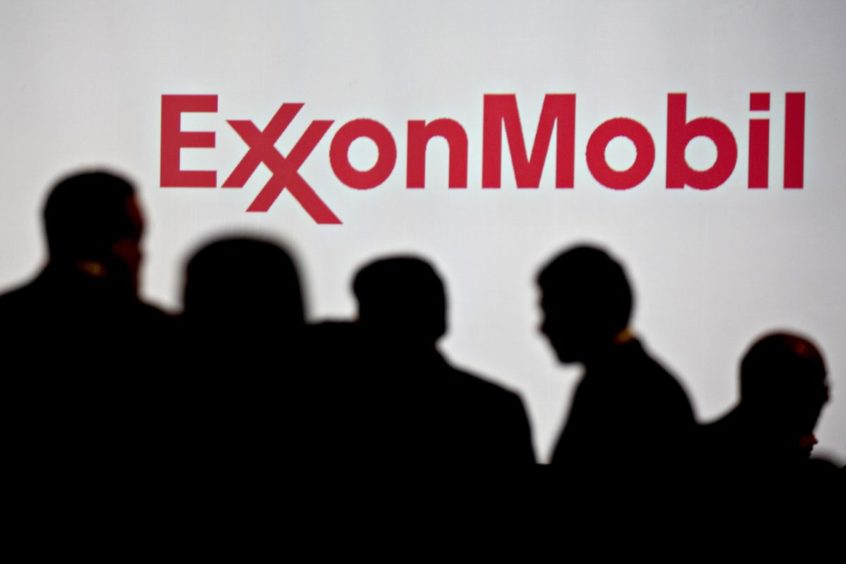
US supermajor ExxonMobil said it is planning to restart exploration drilling at its giant Cepu Block in Indonesia, despite rumours that it is looking to divest its interest, in a bid to find new reserves. Cepu, which holds the Banyu Urip project, one of Southeast Asia’s biggest oil developments, is Indonesia’s largest oil producing block.
Last week, Irtiza Sayyed, president of ExxonMobil in Indonesia told the IPA Convex 2021 that talks with The Ministry of Energy and Mineral Resources and upstream oil and gas authority, over key terms for the plan are being finalised, reported Petromindo.
Sayyed said he hoped that the discussions can be finalised this year and that ExxonMobil will be able to design a detailed drilling plan next year.
During the conference, he highlighted the need for Indonesia to implement aggressive incentives to compete for capital in the global context and attract upstream investment. He also stressed the importance of long-term partnerships between state-owned enterprises, such as Pertamina, the government, and the private sector.
Meanwhile, stakeholders are intensifying pressure on big oil to speed up action on climate change, increasing the prospect of all the majors selling significant chunks of their upstream portfolios in the future and assets in Asia Pacific will inevitably be a part of this, reckons energy research company Wood Mackenzie. No doubt Cepu is being scrutinised as a divestment prospect along with other ExxonMobil assets in Asia. Indonesia will need to ensure it remains an attractive upstream investment destination to keep hold of the US giant.
In the meantime, aside from planning more drilling, ExxonMobil also aims to boost investment in the block by increasing oil output from the Banyu Urip field to maintain production levels at Cepu, which has now reached its natural decline phase.
So far this year, oil production at Cepu has averaged 208,936 barrels per day (b/d) or 95.4% of this year’s target of 219,000 b/d, according to upstream regulator SKK Migas.
The Cepu contract is onshore east Java, and contains the main Banyu Urip oil field, plus other sizeable oil and gas fields, including Jambaran-Tiung Biru, Kedung Keris, Alas Tua East, and Alas Tua West. The Banyu Urip development is one of the largest and most challenging oil field projects currently underway in South East Asia. A separate development effort is under way to develop sour gas reserves in the Jambaran – Tiung Biru field, according to Wood Mackenzie.
ExxonMobil holds 45% of the total participating interest in the Cepu Block, officially known as the Cepu Cooperation Contract (KKS). The Cepu KKS, operated by ExxonMobil will continue until 2035.
The Cepu Cooperation Contract (KKS) was signed on 17 September 2005 and covers the Cepu contract area in Central Java and East Java. ExxonMobil Cepu Limited (EMCL), Ampolex Cepu PTE LTD., PT Pertamina EP Cepu and four local government companies, PT Sarana Patra Hulu Cepu (Central Java), PT Asri Dharma Sejahtera (Bojonegoro), PT Blora Patragas Hulu (Blora) and PT Petrogas Jatim Utama Cendana (East Java) together constitute the Contractor under the Cepu KKS.
